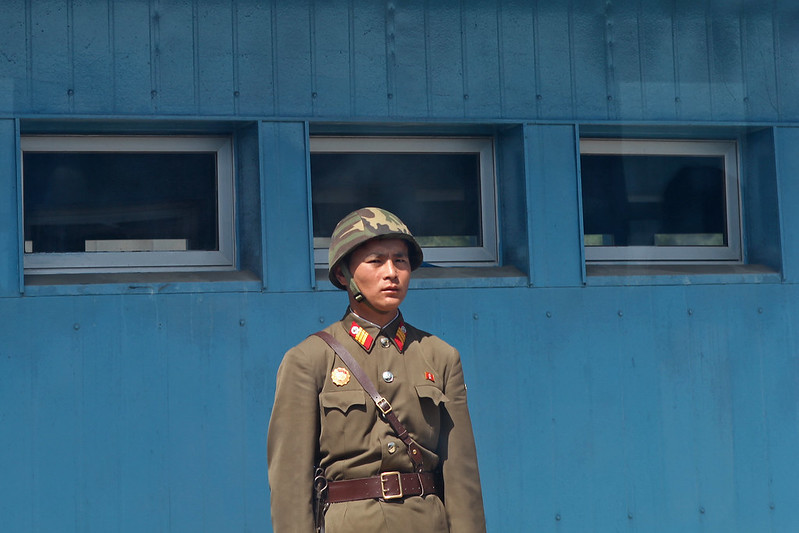SAFFIRA TOMASILA
The Security Council, consisting of fifteen Member States of which 5 States are permanent Members, has been granted the primary responsibility of maintaining international peace and security by the Member States of the United Nations. To follow through on this responsibility, the Security Council is authorised under Article 34 of the United Nations Charter to investigate circumstances which may jeopardise international peace and security. To this end, Commissions and Investigation bodies may be created to examine situations that are brought to the attention of the Security Council by both Member and Non-Member States.
This edition mainly concerns the UN Commission of Inquiry for Human Rights in North Korea, created in March 2013, and the UN International Independent Investigation Commission (UNIIIC).
In achieving a better understanding of the history and situation in North Korea, an extensive list of literature is composed by Joo Hee Heidebrink. Furthermore, a book on the political prison camps in North Korea, “Where Loves Does not Exist”, has been published by the SAGE working group. The main objective of the initiative was to make the younger generation of South Korea conscious of the human rights issues in North Korea.
The report of the UN Commission of Inquiry for Human Rights in North Korea has given the citizens of North Korea a voice as the human rights situation in the country has been recognised worldwide. As Nena Tromp stipulates: “Now we cannot say any more that we did not know”. The importance of the report is underlined by Eun Kyoung Kwon, a South Korean woman. Before the release of the report, awareness of the human rights situation in North Korea was only raised by NGO’s. The NGO she works for, Open Radio for North Korea (ORNK), attempts to create awareness of the situation among the North Korean citizens by broadcasting radio programmes into North Korea .
Dorien Admiraal and Joo Hee Heidebrink discuss the report of the UN Commission of Inquiry for Human Rights in North Korea with Sonja Biserko. She, Michael Kirby, and Marzuki Darusman formed the three-person Commission that was responsible for this report. The conclusions of the report were already known, yet it stressed the grave human right violations within the Democratic People’s Republic of North Korea. An unknown and undervalued issue is violence against women, for example. China could play a vital role in this, however this remains to be seen as they rejected the findings of the report. Dorien Admiraal provides us in her article, “Now we know”, with a summary of the full report.
Apart from the UN Commission of Inquiry for Human Rights in North Korea, an UN International Independent Investigation Commission (UNIIIC) was established by the UN Security Council. The bomb explosion on 14 February 2005 in Beirut which killed 22 persons including former prime minister Rafiq Hariri and injured many others instigated the establishment of the Investigation Commission. Ivana Hrdlicková gives an insight into the preamble to the Statute of the Special Tribunal for Lebanon.
It may be said that UN Commissions on Inquiries are of great significance for investigating complicated issues that deserve awareness within the international community as a whole.
